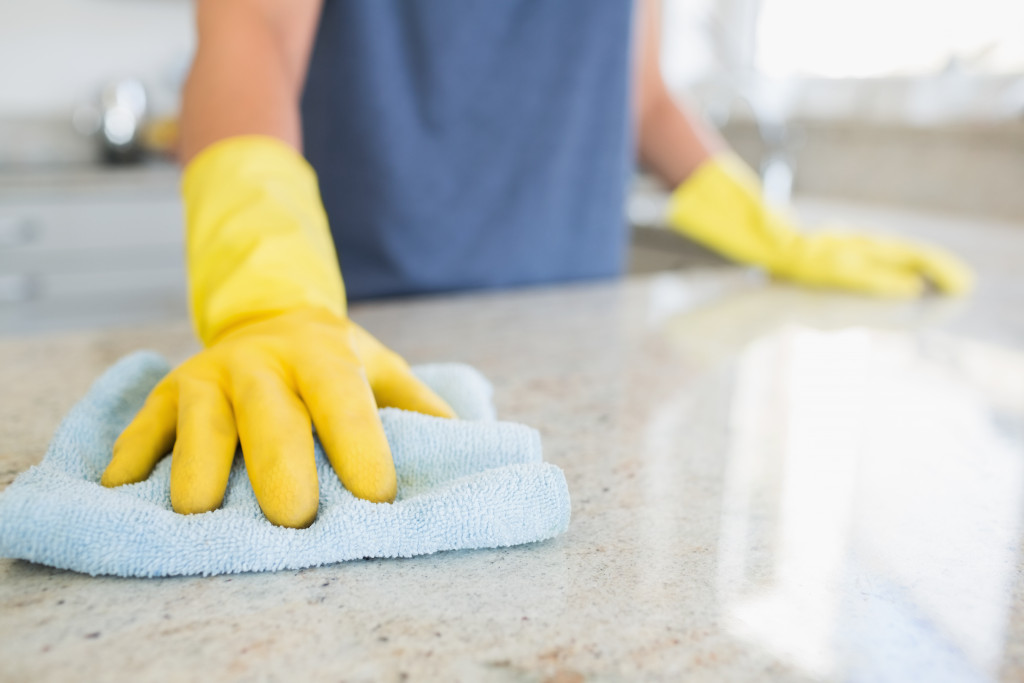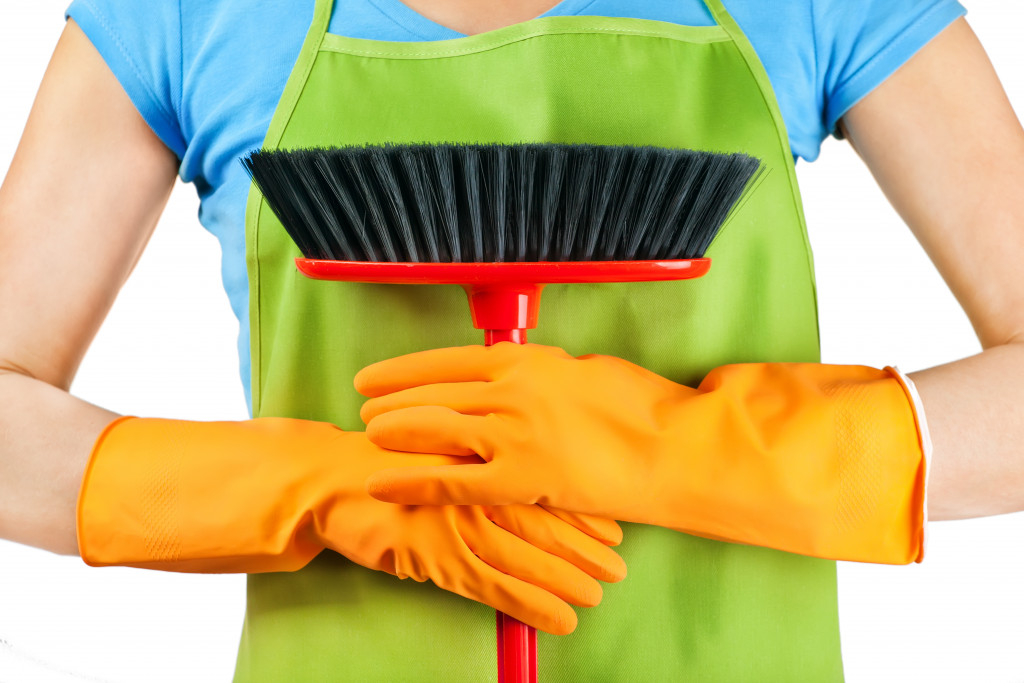If you or a loved one suffers from allergies, then you know the importance of keeping your home as clean and allergen-free as possible. But even with the best intentions, it can be challenging to maintain a completely allergen-free environment. You only want what’s best for your family, so here is a list of some best practices for families prone to allergies.
1. Keep your home clean and dust-free.
Dust mites are one of the most common allergens, so keeping your home as dust-free as possible is essential. These tiny creatures thrive in dusty environments, so it’s important to vacuum regularly and dust surfaces with a damp cloth. Vacuum regularly with a HEPA filter and dust surfaces with a damp microfiber cloth.
If possible, you should also avoid carpeting as it’s challenging to keep clean and can harbor dust mites. If you have carpets, vacuum regularly to prevent dust build-up. You should also get professional carpet cleaning at least once a year. The experts can clean your carpets more thoroughly than you can and will also treat them with a special solution that prevents dust mites from thriving.

2. Invest in an air purifier.
An air purifier can help remove allergens from the air, making your home more comfortable. Look for an air purifier with a HEPA filter, as this will remove the most allergens from the air. Place the purifier in the room where you spend the most time, such as the living room or bedroom.
When choosing an air purifier, get one that’s the right size for the room. A too-small purifier will not be effective, and a too-large purifier will be a waste of money. You should also regularly clean or replace the filter to keep the purifier working correctly. If you have pets, look for a purifier designed to remove pet dander from the air.
3. Keep your pets clean and groomed.
Pets can also be a source of allergens, so keeping them clean and well-groomed is essential. Brush your pets regularly to remove any loose hair or dander. It would be best to bathe them regularly using a hypoallergenic shampoo.
If you’re allergic to your pet but don’t want to give them up, there are some things you can do to reduce your exposure. First, keep them out of your bedroom and off any upholstered furniture. You should also vacuum regularly and use a HEPA filter to remove any allergens from the air. Some people find that they’re less allergic to their pets if they keep them outdoors as much as possible.
4. Control indoor humidity.
Mold and mildew thrive in humid environments, so it’s important to keep indoor humidity under control. The ideal relative humidity level is between 30 and 50 percent. You can measure indoor humidity with a hygrometer available at most hardware stores.
If the relative humidity in your home is too high, you can use a dehumidifier to remove excess moisture from the air. It would help if you also prevented condensation by using an exhaust fan in the kitchen and bathroom and opening windows on dry days. But if the humidity is too low, you can use a humidifier to add moisture to the air.
5. Keep windows and doors closed
If you’re allergic to pollen, it’s best to keep your windows and doors closed during allergy season. This will help to keep pollen out of your home. If you need to open the windows for ventilation, do so in the early morning when pollen levels are low. You want to avoid opening the windows later in the day when pollen levels are at their highest.
You can also reduce your exposure to pollen by showering and changing your clothes after you’ve been outside. This will remove pollen from your hair and clothing. Your curtains and bedding can also collect pollen, so it’s essential to wash them regularly. If possible, you should also use an air conditioner to filter out pollen from the air.
6. Be careful with household cleaning products.
Many household cleaning products contain chemicals that can trigger allergies. When choosing cleaning products, look for hypoallergenic and free of fragrance, dyes, and other irritants. You may also consider making your own cleaning products using natural ingredients such as vinegar and baking soda.
When using cleaning products, be sure to ventilate the area and wear a mask to avoid inhaling any fumes. You should also avoid using strong cleaning products daily. Once a week should be sufficient for most homes.
If you or someone in your family has allergies, there are things you can do to make your home more comfortable. By taking some simple precautions, you can reduce the allergens in your home and make it a more pleasant place for everyone. With a little effort, you can make your home a haven for those with allergies.

